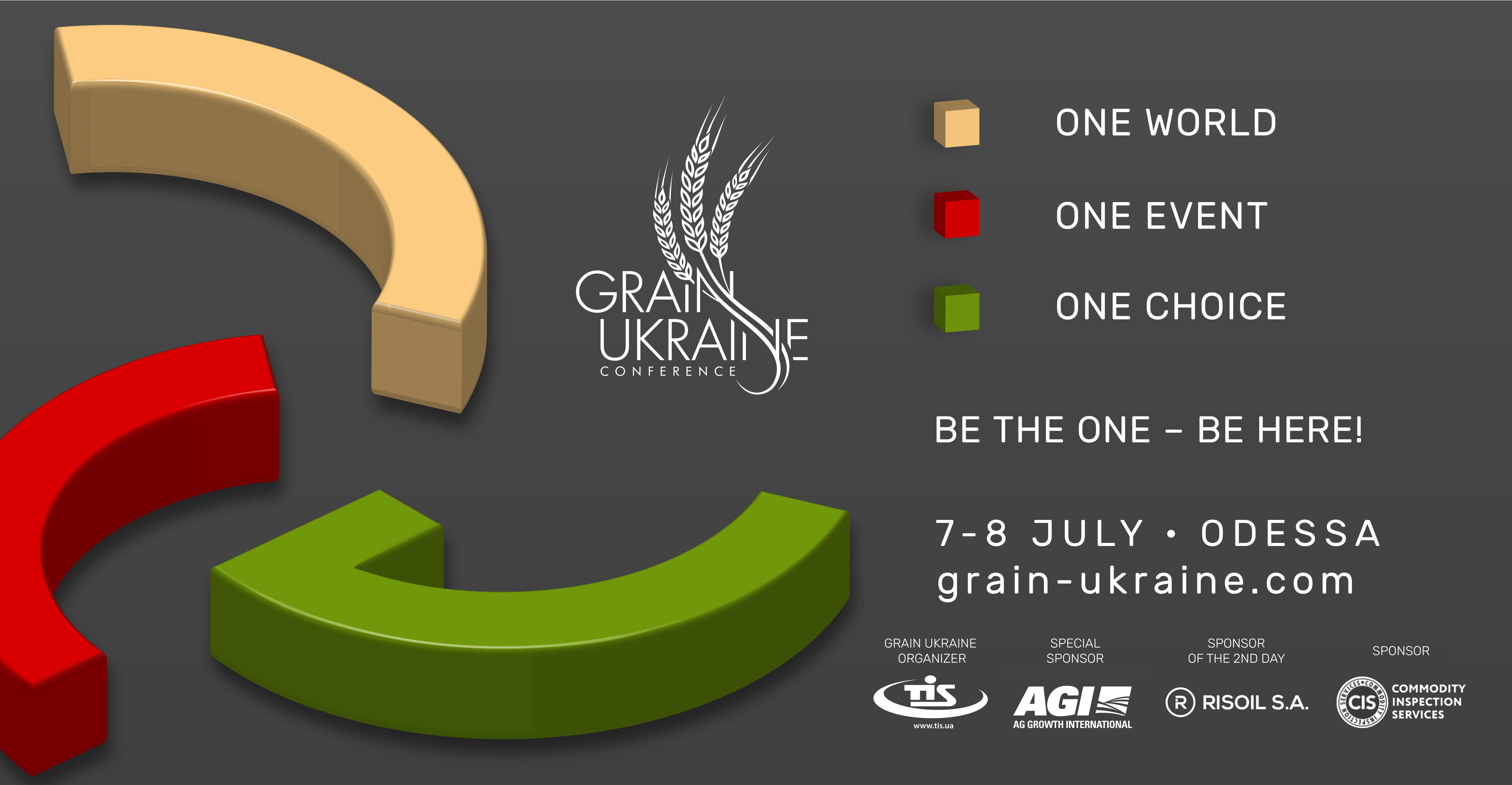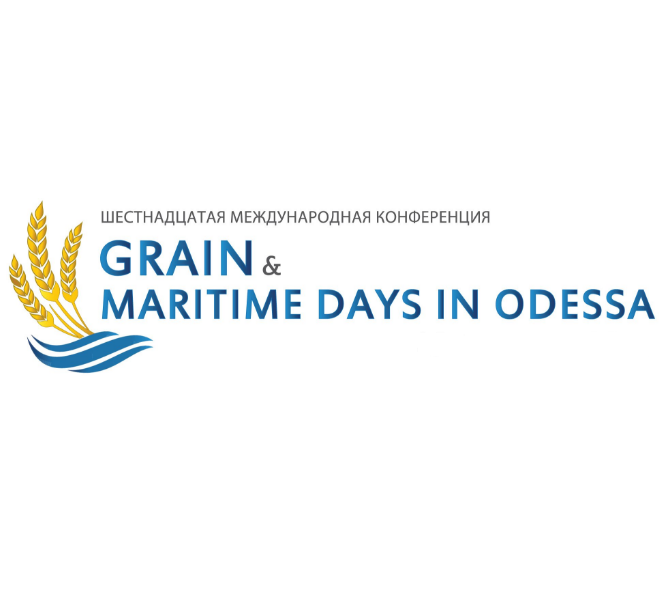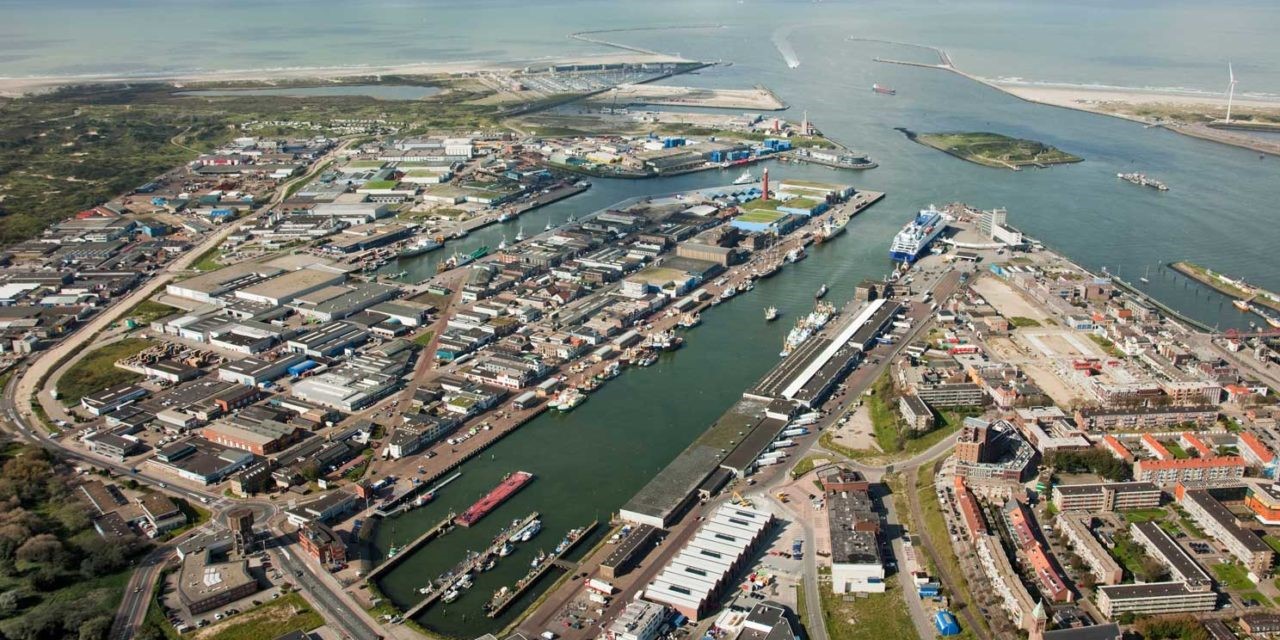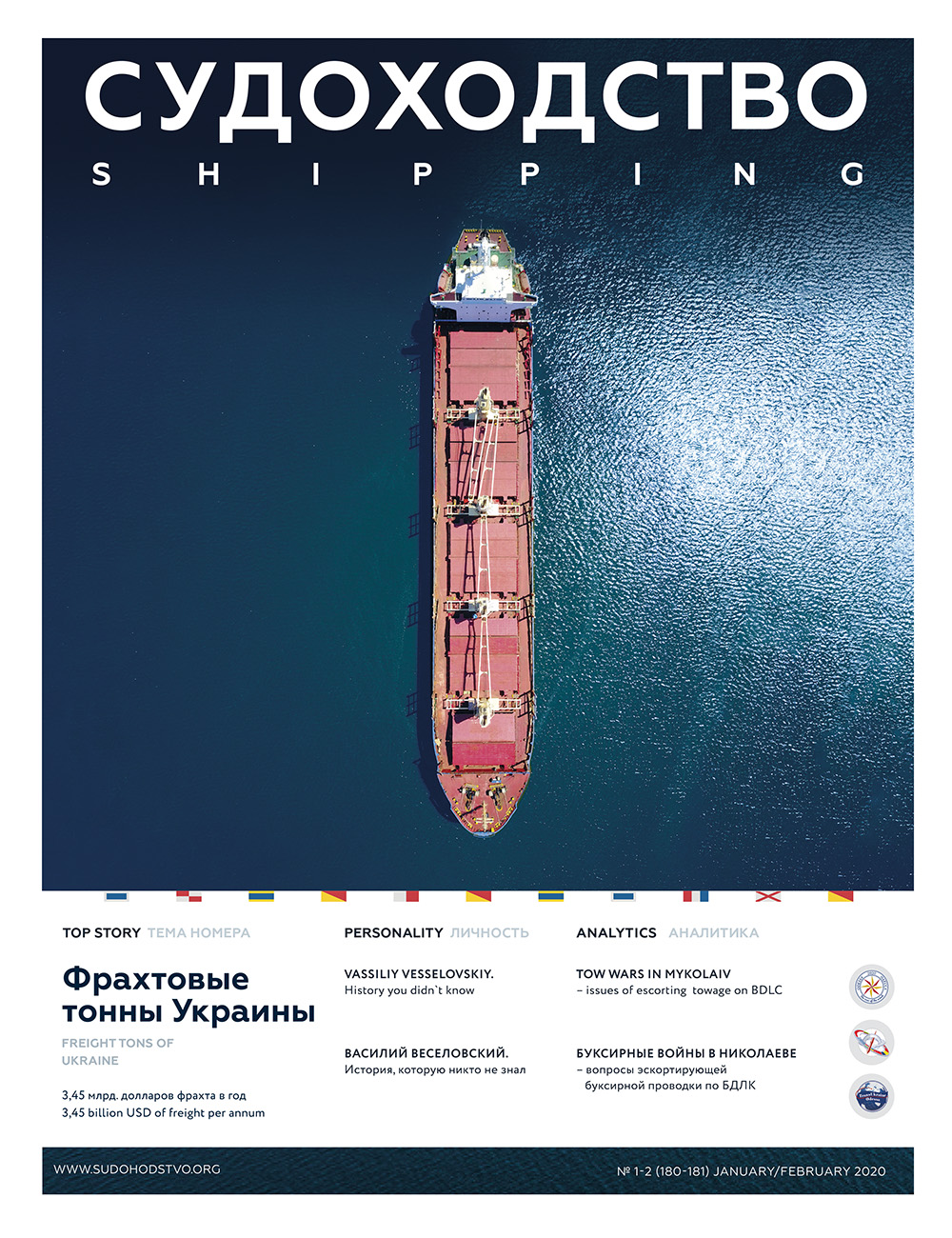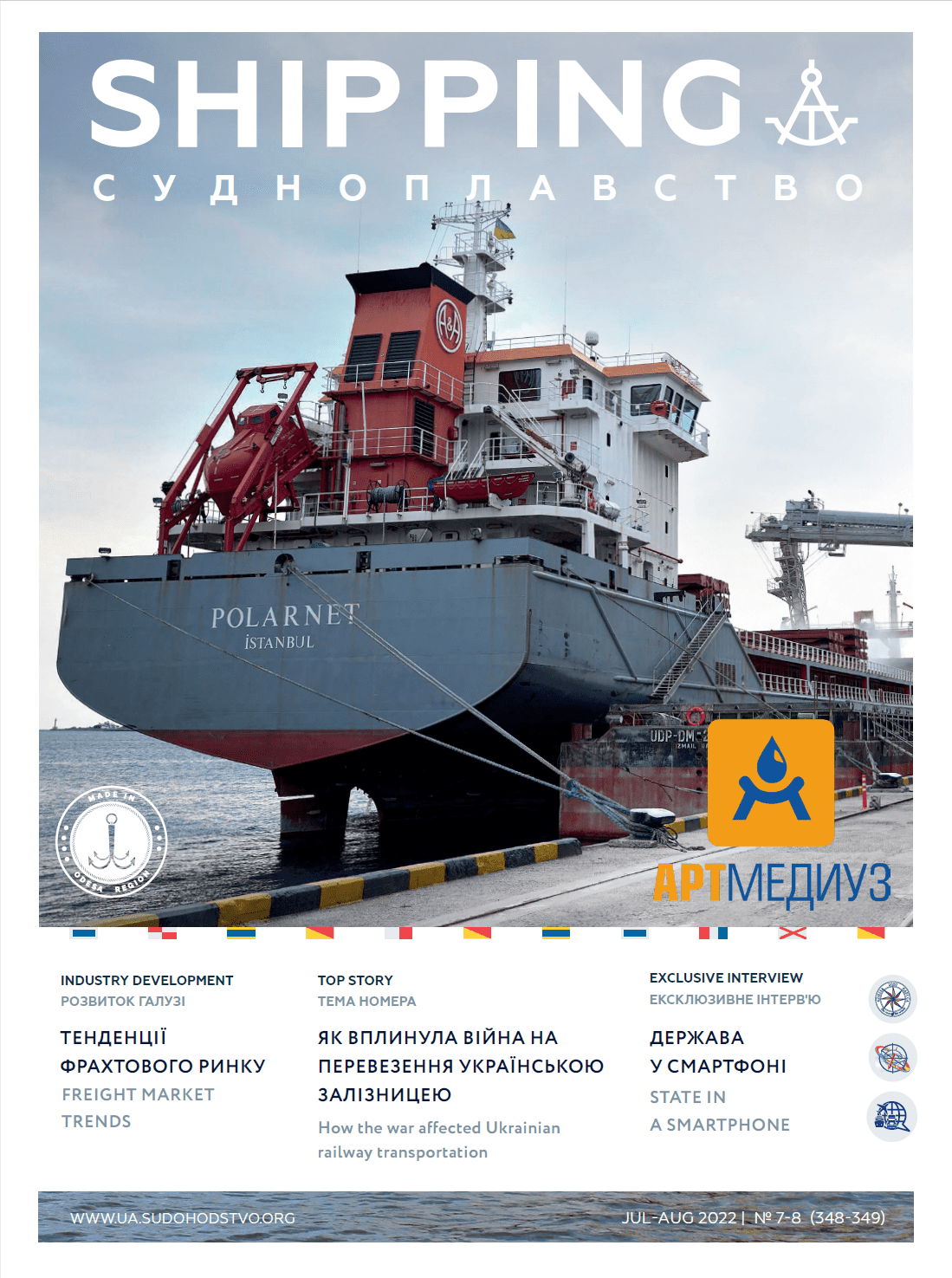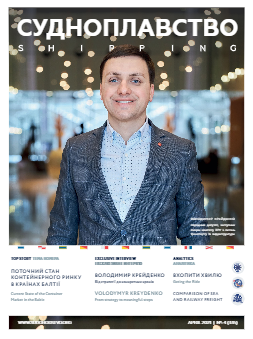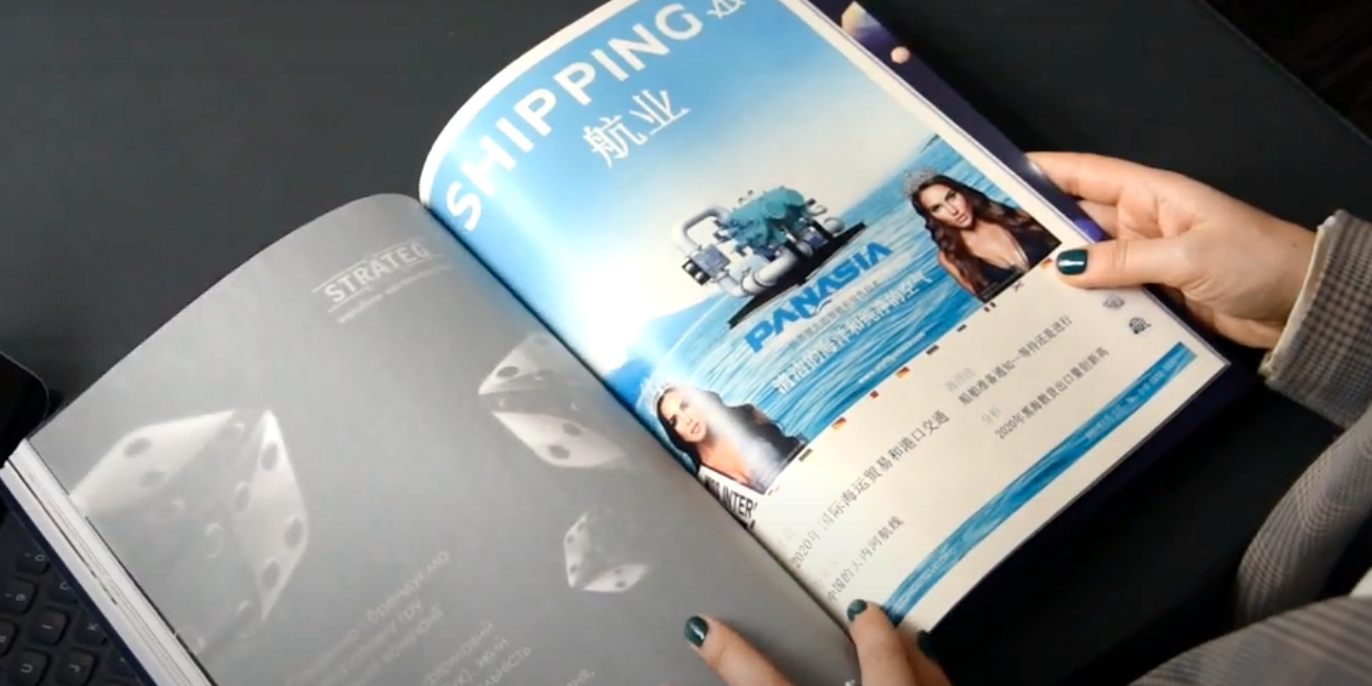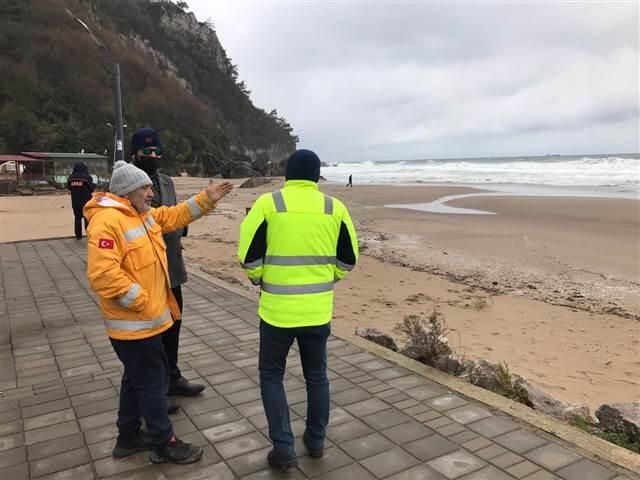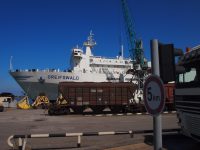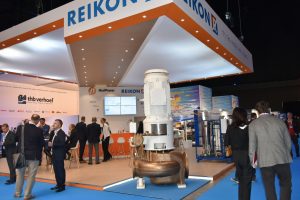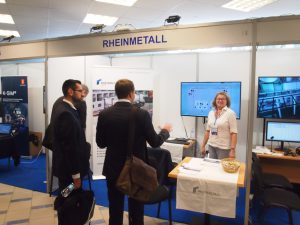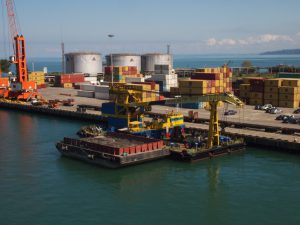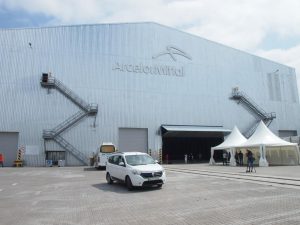Next autumn the Verkhovna Rada of Ukraine promises to reconsider the inland waterway transport bill, the adoption of which the industry is, to be honest, tired of waiting. What is the essence and the content of the bill, which may determine the functioning of a large part of the transport industry in such a large country as Ukraine – and, perhaps, will contribute to attracting investment in this not very perspective sphere for now?
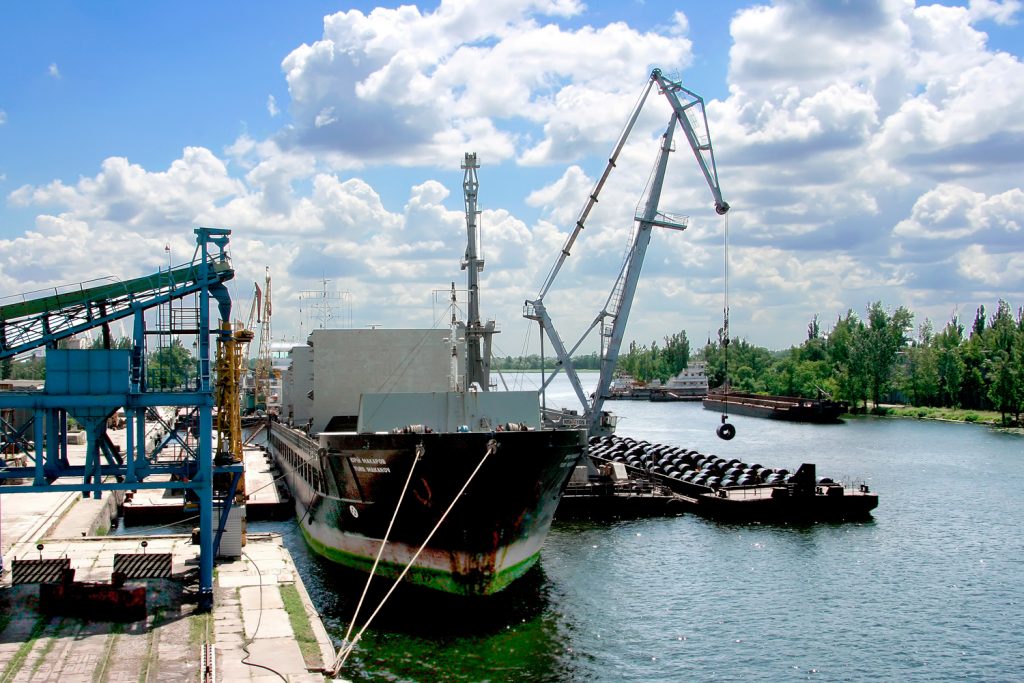 Generally speaking, the bill regulates all relations in the state that are related to water transport, the use of waterways and coastal shipping lanes and determines the legal regime of the entire river infrastructure use. And it is not just about economics, i.e. not only about goods transportation by river (although the legal response of the questions related with this sphere, admittedly, is a major expectation of the adoption of the bill), but also about the use and operation of small, sport and entertainment ships and boats. This document does not apply only to the military harbors, Navy ships and law enforcement, but also to the fishing industry.
Generally speaking, the bill regulates all relations in the state that are related to water transport, the use of waterways and coastal shipping lanes and determines the legal regime of the entire river infrastructure use. And it is not just about economics, i.e. not only about goods transportation by river (although the legal response of the questions related with this sphere, admittedly, is a major expectation of the adoption of the bill), but also about the use and operation of small, sport and entertainment ships and boats. This document does not apply only to the military harbors, Navy ships and law enforcement, but also to the fishing industry.
Project owners (a group of deputies of the Verkhovna Rada) emphasize that the absence of a basic law governing the operation of inland waterway transport, adversely affect the development of the industry. Waterway development processes occur in isolation, on the basis of the multisectoral laws, without considering the peculiarities of the of inland waterway transport sector. And the absence of legal base for the functioning of this sector in the country with such a large navigable river, as the Dnieper, does not allow the development and competitiveness of Ukrainian river transport complex.
And this factual constitution of Water Transport of Ukraine for almost a year «roams» the cabinets and shelves of the Verkhovna Rada and its committees.
***
In the bill №2475a «On inland waterway transport» are defined: the basic principles of the functioning of the river transport industry, operation and maintenance of inland waterways, the organization of navigation on the river routes, the terms and conditions of carriage of goods by river, the principles of construction and operation of hydraulic architecture, navigation safety control, mode of stay of vessels at quays and in navigable waters; issues of navigation and hydrographic shipping support, water level regulation on inland waterways, the admission of ships, pilotage services providing; technical and documentary requirements for vessels and crews, the conditions of registration and classification of boats as well as the principles of state supervision over the industry.
Certainly, PPP!
The economic «orientation» of the document emerges as early as in its objectives and tasks, among them – facilitating the integration of inland waterway transport into multimodal logistics network of Ukraine, promoting the development of competitive services market in this field, the implementation of state supervision in the sphere of inland waterway transport, realization of the tariff, innovation and investment policies.
By the way, about investments. As in the case of the national port industry, lawmakers say about private investment stimulating. According to the project, the priority areas of work to attract investments, in particular, are the construction of transport infrastructure objects, in accordance with modern international standards, and also the modernization of strategic infrastructure of inland waterway transport. Investment and compensation for investments are made on the basis of concession agreements, joint venture agreements (yes, this is also included into the project!), rent and other types of investment activities.
Maintenance and operation of river waterways, as well as construction, reconstruction, modernization and repair of strategic transport infrastructure is effected on account of State Budget of Ukraine, the river charge and other funds, not prohibited by law.
At that, infrastructure of inland waterway transport, designed to provide services by a river port (terminal), with the exception of strategic, may be in any form of ownership.
«In the image and likeness» administration
№2475a project envisages the creation of the Administration of river waterways of Ukraine, which, in accordance with the law, will have to use and contain the river waterways and strategic infrastructure. Among its main areas of work – the charging and the intended use of the river charge, navigation and hydrographic support of navigation on the rivers, maintenance of the river information services etc. Within the competence of the administration – work delivery and the provision of fee-based services related to the dredging and rescue operations, maintenance and operation of berthing facilities, towing vessels and floating objects, pollution prevention and liquidation of consequences of pollution of river waterways.
Administration content is carried out by means of (attention!) river charge (and, of course, «other sources not prohibited by law»).
In the case of the bill №2475a, it will be also obligatory to create the Register of infrastructure of inland waterway transport. It should contain the information on river ports (terminals) and their separate divisions (addresses, specifications of operating waters, approach channels, berthing facilities, standage places, safe shipping routes, fairway dimensions, bunkering places, navigation period, etc.).
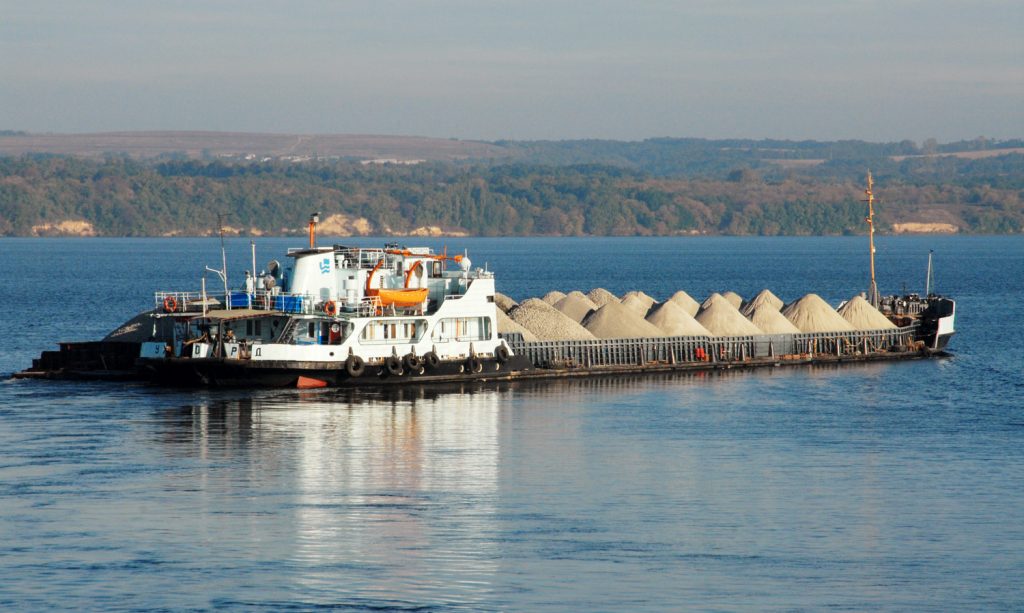 Administration creation on such a model is actively discussed today (at the level of the Ministry of Infrastructure and in the industry in general) in the maritime sector. Ukrainian Sea Ports Authority, despite the similarity of names, is just one of the government agencies, on which powers are «spread», which are, as a rule, reserved for the Maritime Administration in the developed shipping countries. In Ukraine, there is also the Administration of river ports, which is not synonymous with the future Administration of river waterways. The processes are similar, but in any area the issue is not yet resolved (although the maritime industry, led by the Minister of Infrastructure, is going to turn out the reform package of legislative changes by this autumn).
Administration creation on such a model is actively discussed today (at the level of the Ministry of Infrastructure and in the industry in general) in the maritime sector. Ukrainian Sea Ports Authority, despite the similarity of names, is just one of the government agencies, on which powers are «spread», which are, as a rule, reserved for the Maritime Administration in the developed shipping countries. In Ukraine, there is also the Administration of river ports, which is not synonymous with the future Administration of river waterways. The processes are similar, but in any area the issue is not yet resolved (although the maritime industry, led by the Minister of Infrastructure, is going to turn out the reform package of legislative changes by this autumn).
«Circles of hell»
Looking at the way the bill was trying to break into the parliament consideration, you can call it long-suffering. The first version of the document, prepared by deputies Boris Kozyr and Igor Kononenko, was submitted to the Parliament and referred to the Committee in early August 2015. The project has caused quite a lively reaction in the industry, and in the parliament. And such a lively one, that soon, there appeared two alternative bills: №2475a-1 by deputies A.Danchenko, V.Romanyuk, R.Semenuha and P.Kostenko and №2475a-2 – by deputies Ya.Dubnevich, V.Korchik and Y. Shapovalov. Differences touched some basic points about the regulation of the industry, as well as such «superfactors» as the river charge (see below). Disagreements delivered the decision (in September 2015) that all the bills will be withdrawn for revision, and in conclusion, a single consolidated bill on inland waterway transport, taking into account the features and benefits of all previous documents will be submitted to the parliament. Such one appeared in November of the same year and, of course, was at once handed over to the parliamentary committees. The initiators were — Boris Kozyr, Igor Kononenko, Yaroslav Dubnevich, Alexander Danchenko, Maxim Burbak, Igor Didenko, Alexander Urbanski and Alexey Mushak.
At a later stage, starting from December 2015, until the middle of July this year the bill №2475a was introduced into the agenda of the session of the Verkhovna Rada eight times (!), but never was put to vote.
River charge as a stumbling block
One of the cornerstones not only of the bill, but also of the whole Ukrainian polemics about the development of inland waterway transport is, by all means, the river charge. According to Article 9 of the bill №2475a, it is charged for the use of the inland waterways to transport goods and passengers (small, sports and entertainment vessels are not charged). The rates are set in the single European currency (except for coastal voyages) by national committee, carrying out state regulation in the transport sphere. It depends, in particular, on the length of the route, the volume of cargo, the number of passengers or containers.
An interesting point: the legislators offer to free the vessels, making transportations by inland waterway transport in coastal voyages, and those which paid the river charge (or are exempt from it), from the payment of channel, ship, administrative, lighthouse, sanitary and anchoring fees in sea ports and maritime waterways. The same deal with ships that make transportations by inland water transport in international voyages (excluding administrative fee).
What is the purpose of accumulation of the river charge? According to the project, using these funds, the construction, reconstruction, modernization and repair of strategic infrastructure, content and administration of river information services, the formation of an emergency fund, provision of hydrological and navigational information will be created. At that, improper use of the collected funds is forbidden.
Some experts believe that it is an unsolved problem of the river charge which is the reason that the bill is still in «reserve». Opponents of the river charge are not only a number of deputies, but also the «players» of the market, namely – river carriers (in Ukraine these are shipping companies as well as grain traders owning their own fleet). By the way, very «talking» are the findings of the competent sides on this document. If the Transport Committee of the Parliament marked the project positively, main scientific and expert department of the Verkhovna Rada — generally positive (with the offer of a number of amendments), the conclusion of the Verkhovna Rada Committee on preventing and combating corruption was absolutely «bleak», because, according to committee members the document contains the corruptogenic factors. The Committee noted that the use of river waterways in Ukraine is anyway chargeable: indirectly – it is meant the excise tax in the price of petroleum products, and directly – the rent for the use of open waters for the needs of water transport. At the same time, according to the bill, the river charge is levied not in favor of the budget, but of a state agency. Thus, the river charge, according to members of the Verkhovna Rada Anti-Corruption Committee, is a hidden tax, and moreover – imposed in contravention of the Tax and Budget Code of Ukraine. And that means – to eliminate corruption-factors, river charge should be excluded from the list of sources of river waterways content financing, as well as the relevant norms are to be excluded of the bill.
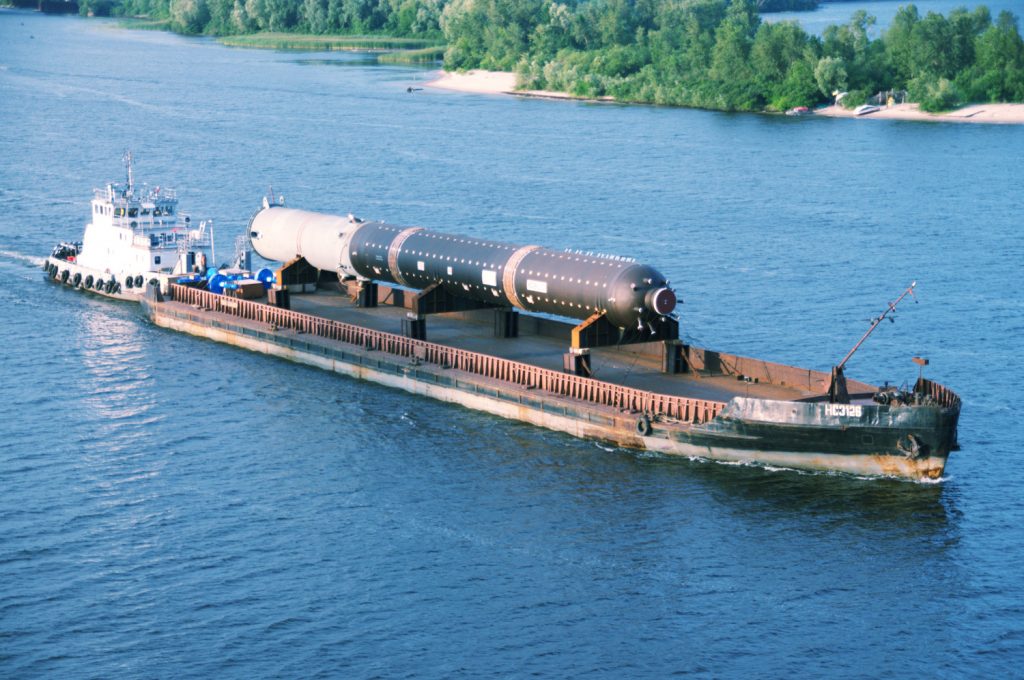 P.S. How will the Verkhovna Rada meet its challenges (in this case it is a long overdue necessity of resolving the situation in the sector of inland waterway transport in Ukraine) – autumn will show. Let’s hope, that the bill №2475a (even amended and supplemented) will finally reach the voting stage, at least in the first reading. And in any case, the very outcome of the first vote on the document will show the willingness of the Parliament to decide such an important issue as attracting investment, and at least the initial integration of inland water transport routes into international logistics.
P.S. How will the Verkhovna Rada meet its challenges (in this case it is a long overdue necessity of resolving the situation in the sector of inland waterway transport in Ukraine) – autumn will show. Let’s hope, that the bill №2475a (even amended and supplemented) will finally reach the voting stage, at least in the first reading. And in any case, the very outcome of the first vote on the document will show the willingness of the Parliament to decide such an important issue as attracting investment, and at least the initial integration of inland water transport routes into international logistics.
***
The Ministry of Infrastructure plans to fix the river up with 30 million tons of cargo per year. This was said at the briefing by the Minister of Infrastructure Vladimir Omelyan, reported the «Centrе of transport strategies».
«Our goal is to get at least half the cargo that was in the early 90s. Then it was about 60 million tons. We want to get out at least 30 million tons. We believe that it is feasible, but it cannot be done in a year or two. We need at least five or six years», – said V.Omelyan.
According to the State Statistics Service of Ukraine, the country’s river ports in 2015 handled less than 5 million tons of cargo, which is 1.5% less than during the same period of the previous year.
In addition, the head of the department put in remembrance that the industry needs to adopt a new law on water transport.
Serhiy Lyalikov, «Shipping»

